What are the key components of a successful lacrosse diet. How can proper nutrition and hydration enhance athletic performance on the lacrosse field. Why are carbohydrates, proteins, and healthy fats essential for lacrosse players. How does proper hydration impact lacrosse performance and recovery.
Fueling Your Game: The Power of Carbohydrates in Lacrosse
Carbohydrates are the foundation of a successful lacrosse diet. They provide the essential energy needed for those explosive splits, cuts, and dodges that make lacrosse such an exhilarating sport. Without adequate carbohydrate intake, players risk running out of steam by the second half, compromising their performance and potentially costing their team the game.
How do carbohydrates contribute to lacrosse performance? They serve as the primary fuel source for high-intensity activities, which are abundant in lacrosse. By ensuring a proper carbohydrate intake, players can maintain their energy levels throughout practices and games, enabling them to perform at their peak from start to finish.

Complex vs. Simple Carbohydrates: Finding the Right Balance
To optimize performance, lacrosse players should focus on consuming both complex and simple carbohydrates in the right proportions. Complex carbohydrates provide sustained energy, while simple carbohydrates offer quick bursts of power when needed most.
- Complex carbohydrates: Whole grains, brown rice, quinoa, oatmeal
- Simple carbohydrates: Sports drinks, gels, bananas, sports chews
Why is it crucial to include both types of carbohydrates in a lacrosse diet? Complex carbohydrates alone may leave players feeling sluggish, while relying solely on simple carbohydrates can lead to energy crashes. By incorporating both types, athletes can maintain steady energy levels while having access to quick bursts of power for explosive plays.
Protein: The Key to Muscle Repair and Recovery in Lacrosse
After intense lacrosse practices and games, players’ muscles need proper care and attention. This is where protein comes into play. Protein provides the essential amino acids required for muscle recovery and growth, helping players bounce back stronger after each grueling session on the field.
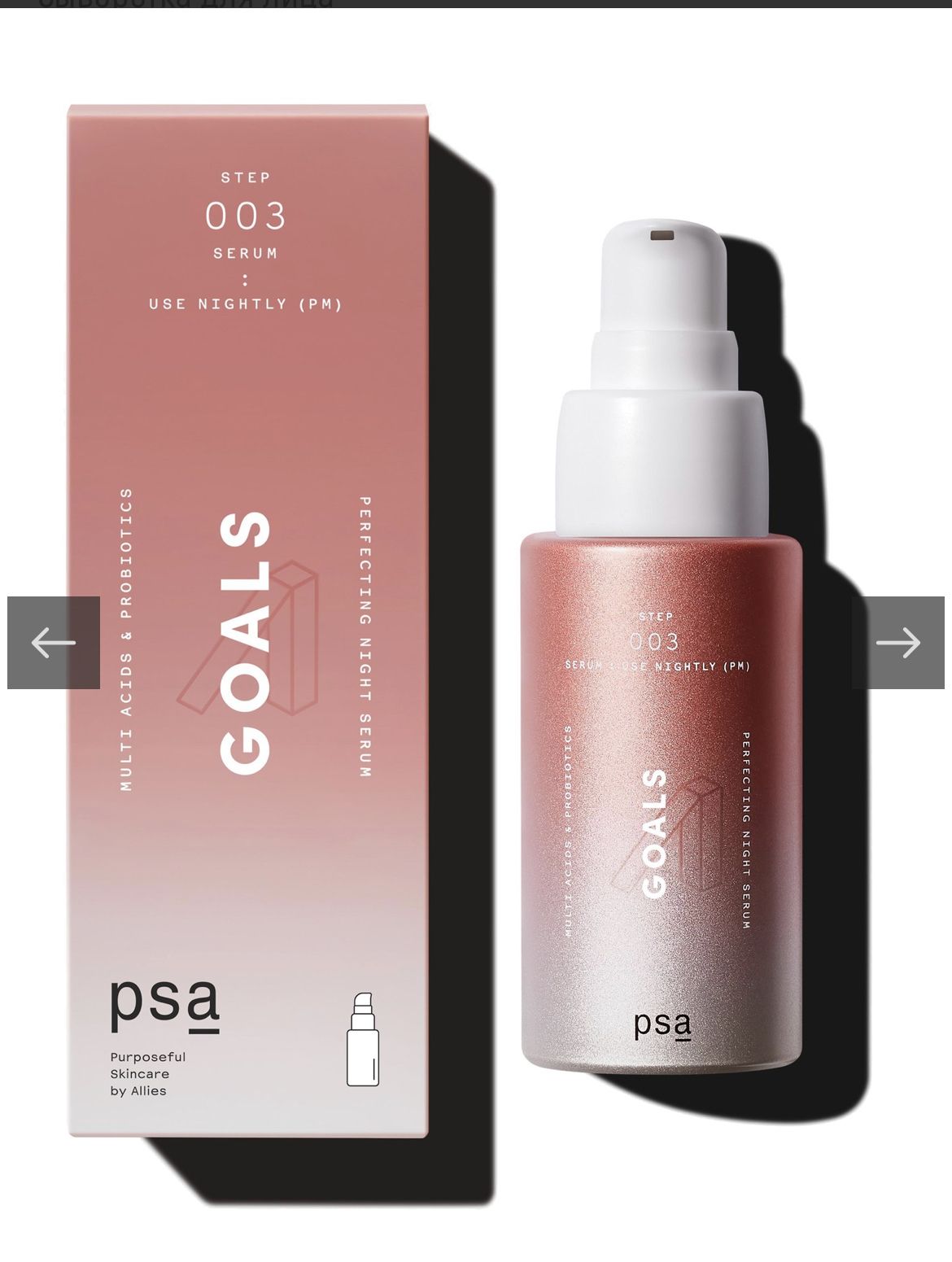
How much protein do lacrosse players need? While individual needs may vary, it’s generally recommended to include a source of protein at every meal. Some excellent protein sources for lacrosse players include:
- Greek yogurt
- Eggs
- Lean meats (chicken, turkey)
- Fish
- Plant-based proteins (beans, lentils)
- Nuts and seeds
Why are lean protein sources often recommended for athletes? Lean proteins provide the necessary amino acids without the excess saturated fat found in some red meats. This can help players maintain a healthy body composition while supporting muscle recovery and growth.
The Synergy of Protein and Carbohydrates in Recovery
To maximize recovery, lacrosse players should consider combining protein and carbohydrates in their post-workout meals or snacks. This powerful combination works synergistically to replenish muscle glycogen stores while providing the building blocks for muscle repair.
What are some examples of effective protein-carbohydrate combinations for recovery? Consider these options:

- Yogurt parfait with granola and fruit
- Egg sandwich on whole grain bread
- Smoothie made with Greek yogurt, fruit, and oats
- Chicken and brown rice bowl with vegetables
The Role of Healthy Fats in Lacrosse Nutrition
Contrary to popular belief, dietary fat plays a crucial role in an athlete’s nutrition plan, including lacrosse players. Healthy fats provide long-lasting energy, aid in vitamin absorption, and support muscle building. However, it’s essential to focus on the right types of fats to optimize performance and overall health.
Which types of fats should lacrosse players prioritize in their diets? Focus on unsaturated fats from sources such as:
- Nuts and seeds
- Avocados
- Olive oil
- Fatty fish (salmon, mackerel, sardines)
- Nut butters
How do healthy fats contribute to sustained energy levels? Fats slow down digestion, which helps maintain steady blood sugar levels and provides a longer-lasting source of energy. This can be particularly beneficial during extended practices or tournament days when players need to maintain their stamina over long periods.
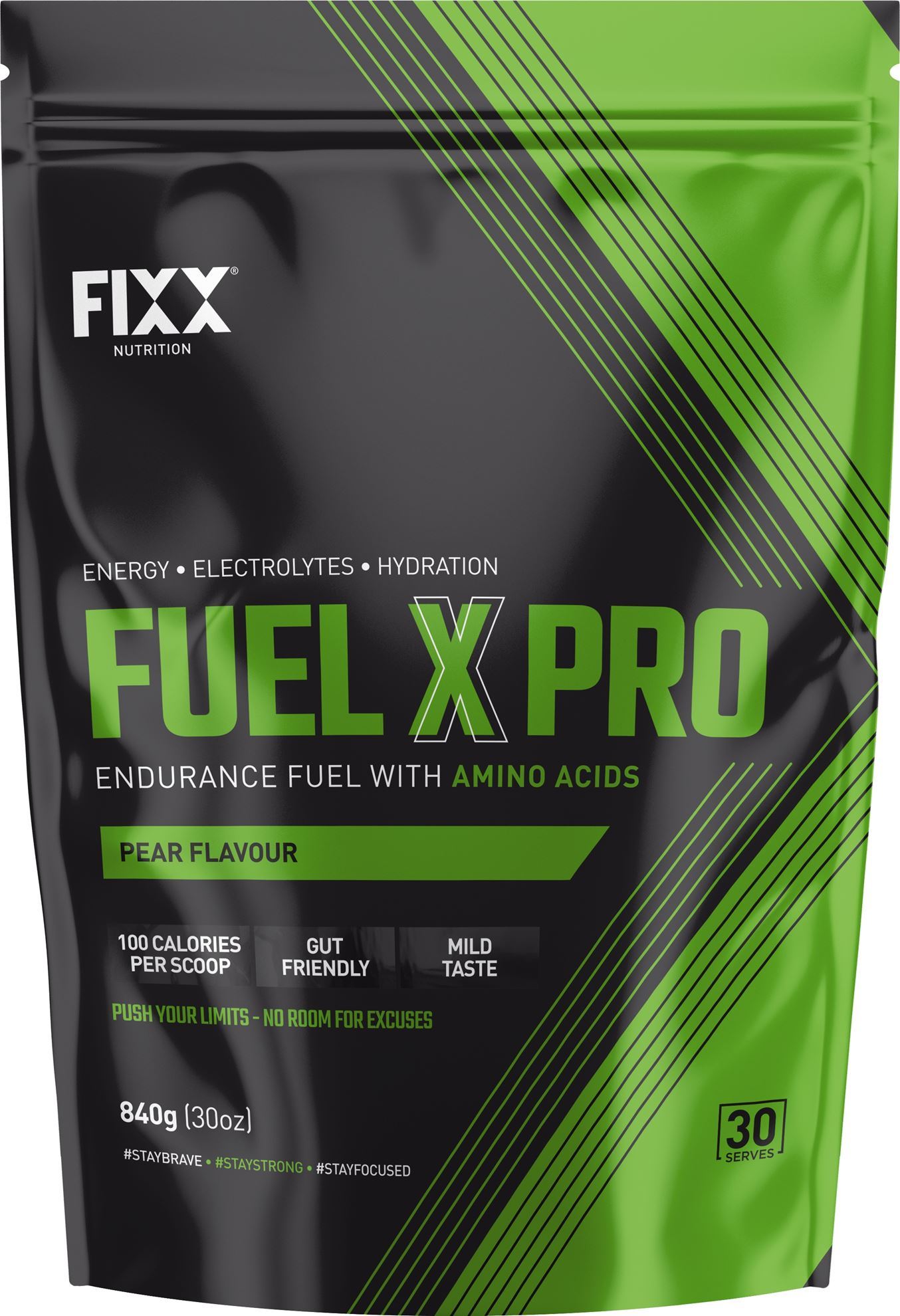
Incorporating Healthy Fats into a Lacrosse Diet
To reap the benefits of healthy fats, lacrosse players should aim to include small amounts in their meals and snacks throughout the day. Some practical ways to incorporate healthy fats include:
- Adding a handful of nuts or seeds to oatmeal or yogurt
- Using avocado as a spread on whole grain toast
- Drizzling olive oil over salads or roasted vegetables
- Snacking on trail mix containing nuts and dried fruit
- Including fatty fish in meals 1-2 times per week
Hydration: The Unsung Hero of Lacrosse Performance
Proper hydration is often underestimated but plays a critical role in lacrosse performance. Dehydration can lead to decreased endurance, impaired cognitive function, and increased risk of heat-related illnesses, all of which can significantly impact a player’s ability to perform on the field.
How does dehydration affect lacrosse performance? Even mild dehydration can result in:
- Decreased speed and agility
- Reduced endurance and stamina
- Impaired decision-making and reaction time
- Increased perception of effort
- Higher risk of muscle cramps and fatigue
Developing an Effective Hydration Strategy for Lacrosse
To maintain optimal hydration, lacrosse players should develop a comprehensive hydration strategy that addresses their needs before, during, and after practices and games. Here are some key components of an effective hydration plan:
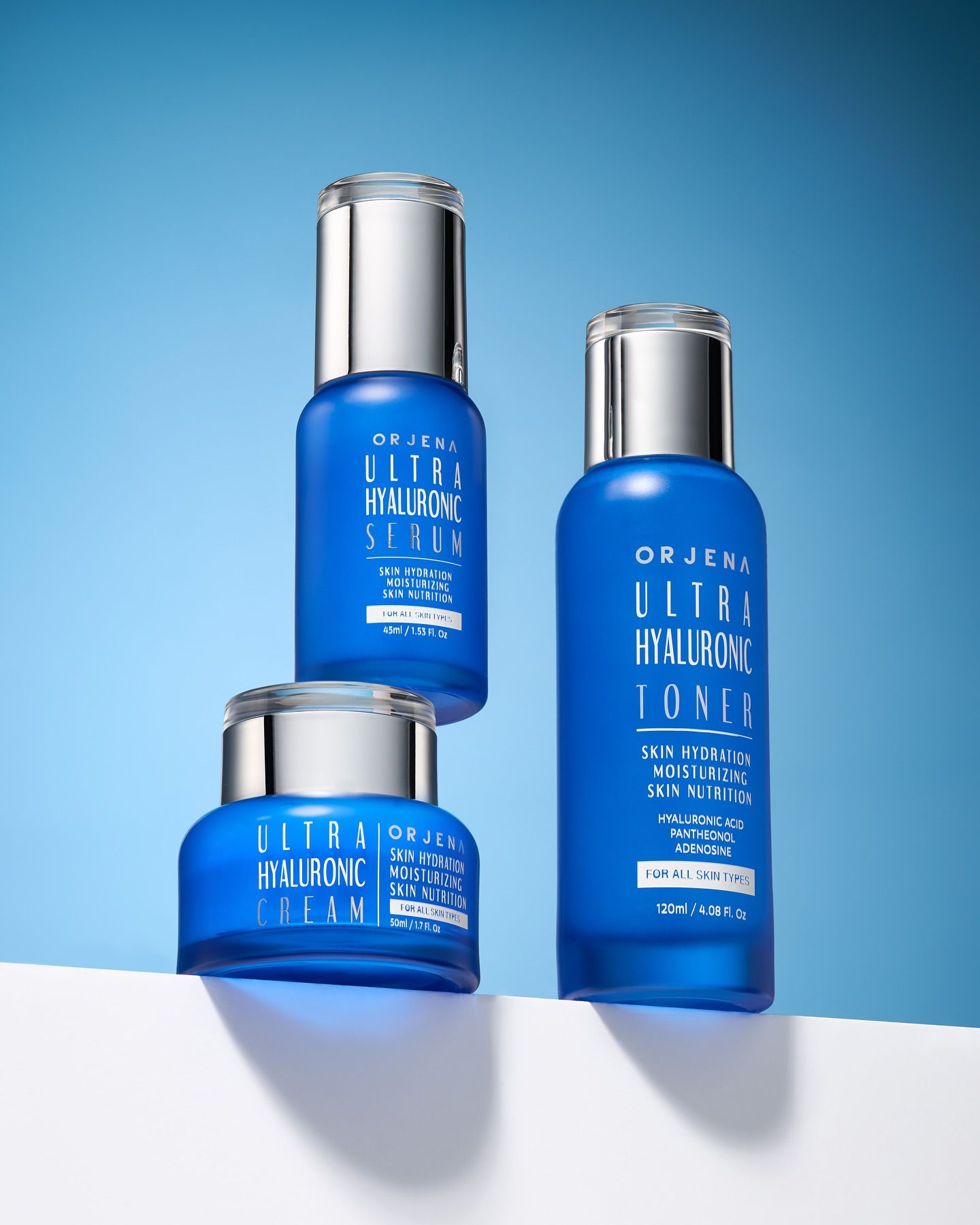
- Pre-hydration: Begin hydrating several hours before practice or competition
- During activity: Consume fluids at regular intervals, even if not feeling thirsty
- Post-activity: Replenish fluids lost through sweat to aid in recovery
- Electrolyte balance: Consider sports drinks or electrolyte-enhanced water for intense or prolonged activities
- Individualization: Monitor urine color and body weight to gauge personal hydration needs
Why is it important to drink fluids even when not feeling thirsty? Thirst is not always an accurate indicator of hydration status, especially during intense physical activity. By the time thirst sets in, an athlete may already be mildly dehydrated. Drinking regularly throughout practices and games can help prevent this issue.
Meal Timing and Frequency for Optimal Lacrosse Performance
The timing and frequency of meals play a crucial role in maximizing energy levels and supporting recovery for lacrosse players. By strategically planning meals and snacks around training sessions and games, athletes can ensure they have the necessary fuel to perform at their best.

How should lacrosse players structure their meals throughout the day? Consider the following guidelines:
- Pre-game meal: 3-4 hours before, focusing on complex carbs and lean protein
- Pre-game snack: 30-60 minutes before, easily digestible carbs for quick energy
- During game: Small amounts of simple carbs and fluids as needed
- Post-game: Within 30-60 minutes, combining protein and carbs for recovery
- Regular meals: Every 3-4 hours throughout the day to maintain energy levels
Why is the post-game meal so important for lacrosse players? The period immediately following intense exercise is crucial for muscle recovery and glycogen replenishment. Consuming a combination of protein and carbohydrates within 30-60 minutes after activity can help jumpstart the recovery process and prepare the body for the next training session or game.
Snacking Strategies for Sustained Energy
In addition to regular meals, strategic snacking can help lacrosse players maintain steady energy levels throughout the day. Some beneficial snack options include:
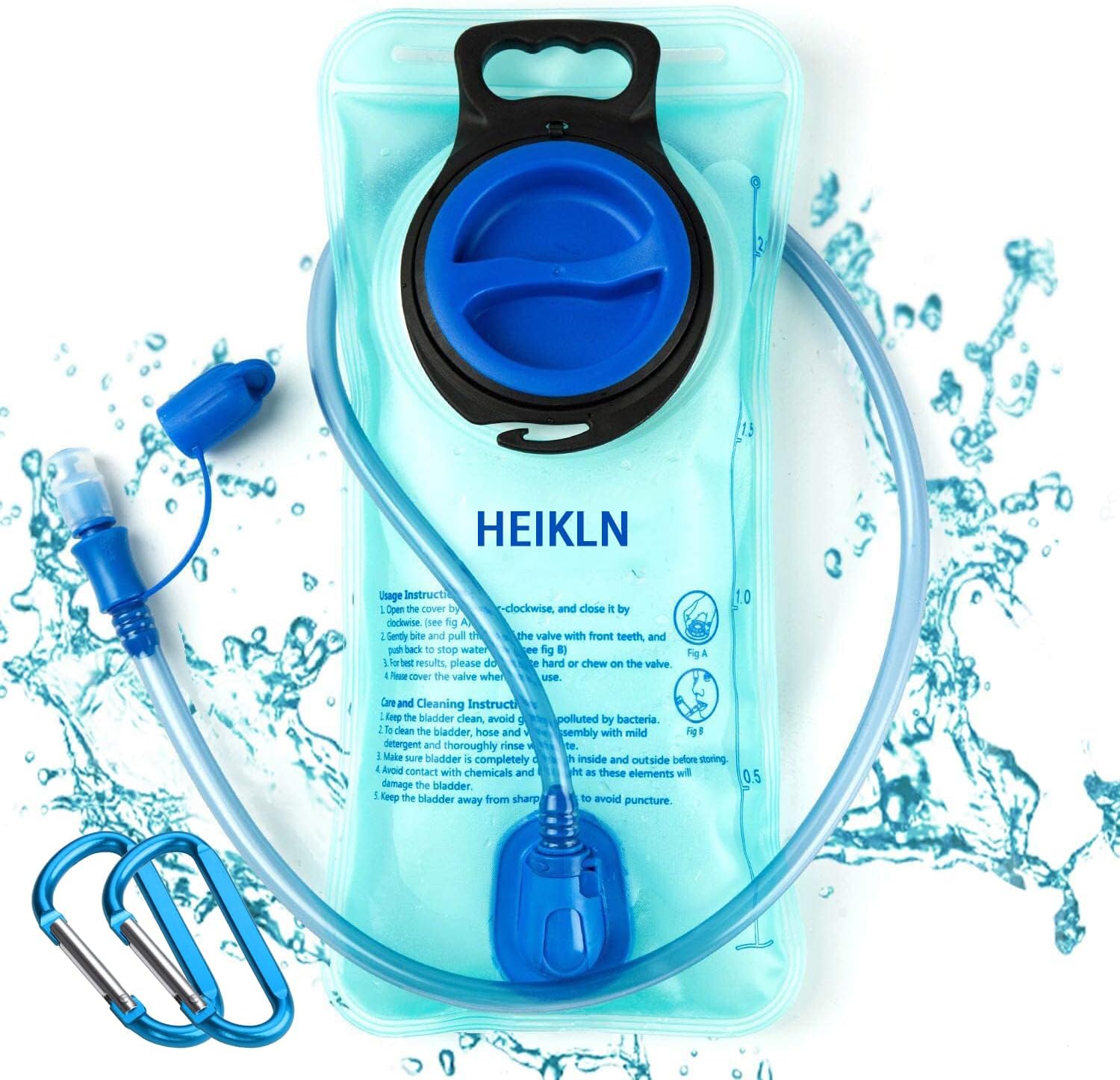
- Apple slices with peanut butter
- Greek yogurt with berries and granola
- Whole grain crackers with hummus
- Trail mix with nuts, seeds, and dried fruit
- Energy bars made with whole food ingredients
Supplementation: Navigating the Options for Lacrosse Players
While a well-balanced diet should provide most of the nutrients necessary for optimal lacrosse performance, some players may consider supplementation to support their training and recovery. However, it’s crucial to approach supplementation with caution and under the guidance of a healthcare professional or registered dietitian.
Which supplements are commonly considered by lacrosse players? Some popular options include:
- Whey protein: For muscle recovery and growth
- Creatine: To support power output and muscle strength
- Beta-alanine: To potentially improve endurance and reduce fatigue
- Omega-3 fatty acids: For inflammation reduction and joint health
- Vitamin D: Especially for players with limited sun exposure
Why is it important to consult a professional before starting any supplement regimen? Supplements can interact with medications, may have potential side effects, and are not always necessary if dietary needs are met through food. A healthcare professional or registered dietitian can assess individual needs and make appropriate recommendations based on a player’s specific situation.

The Importance of Third-Party Testing for Supplements
For athletes considering supplementation, it’s crucial to choose products that have undergone third-party testing for purity and quality. This helps ensure that the supplements are free from contaminants and banned substances that could potentially lead to failed drug tests or health issues.
What should lacrosse players look for when choosing supplements? Consider these factors:
- Third-party certification (e.g., NSF Certified for Sport, Informed Choice)
- Reputable brands with a history of quality products
- Clear labeling of ingredients and dosages
- Absence of proprietary blends or undisclosed ingredients
- Recommendations from trusted healthcare professionals or sports nutritionists
Customizing Nutrition Plans for Different Lacrosse Positions
While the fundamental principles of sports nutrition apply to all lacrosse players, individual nutritional needs may vary based on position, playing style, and body composition goals. Tailoring nutrition plans to specific positions can help optimize performance and recovery for each player on the team.

How do nutritional needs differ among lacrosse positions? Consider these general guidelines:
- Midfielders: Higher carbohydrate needs due to constant running and transition play
- Attackmen: Balance of carbs and protein for quick bursts of energy and muscle recovery
- Defenders: Emphasis on protein for muscle strength and recovery from physical play
- Goalies: Focus on maintaining concentration with steady energy from complex carbs
Why is it important to consider individual factors when creating nutrition plans? Each player’s body composition, metabolism, and energy expenditure can vary significantly. Factors such as age, gender, body size, and training volume all play a role in determining specific nutritional needs. Working with a sports nutritionist can help players develop personalized plans that address their unique requirements.
Adapting Nutrition Strategies for Different Phases of the Season
Nutritional needs may also change throughout the lacrosse season, depending on the phase of training or competition. Players should be prepared to adjust their nutrition strategies accordingly:
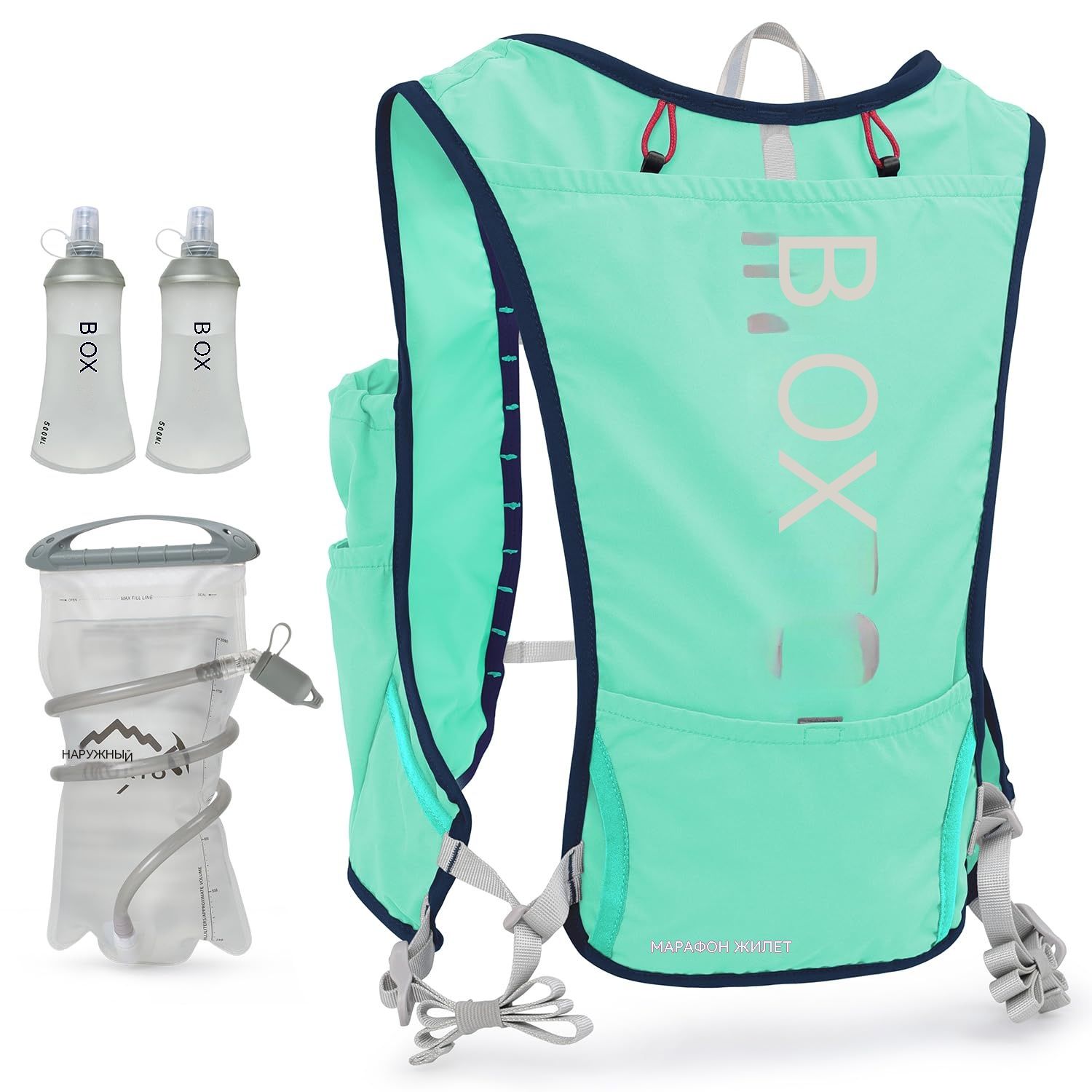
- Off-season: Focus on building lean muscle mass and improving overall health
- Pre-season: Increase carbohydrate intake to support intense training sessions
- In-season: Maintain energy levels and support recovery between games and practices
- Tournament play: Emphasize quick recovery and sustained energy for multiple games
- Post-season: Adjust calorie intake based on reduced activity levels
By understanding the unique nutritional demands of their position and adapting strategies throughout the season, lacrosse players can optimize their performance and maintain peak physical condition year-round.
Carbohydrates – Fuel Your Game
You wanna crush it on the lacrosse field, right? You wanna be that middie who blows past defenders like they’re standing still. Or the attackman who makes insane cuts and quick sticks impossible shots. Or the shutdown defender who owns the whole midfield. Well guess what? You’re not gonna get there without fueling up properly. We’re talking carbs, people.
See, here’s the thing. Your body runs on carbs. They provide the energy for those insane splits, cuts, and dodges. Without enough carbs in your tank, you’ll be running on fumes by the second half. And ain’t nobody wants to see you huffing and puffing your way up and down the field while the other team scores goal after goal.
So what kind of carbs should you be eating? I’m glad you asked. First up, you need some slow-burning complex carbs to provide sustained energy. I’m talking whole grains like brown rice, quinoa, and oatmeal. Load up on them at meals to power you through long practices and games.
Now, you also need some fast-acting simple carbs to deliver quick energy when you need it. We’re talking sports drinks, gels, bananas, and sports chews on the sidelines. They provide instant power to make explosive plays. Cause let’s be honest – a sweet behind-the-back goal means nothing if you don’t have the energy to sprint to celebrate with teammates afterward!
The Right Carb Combo
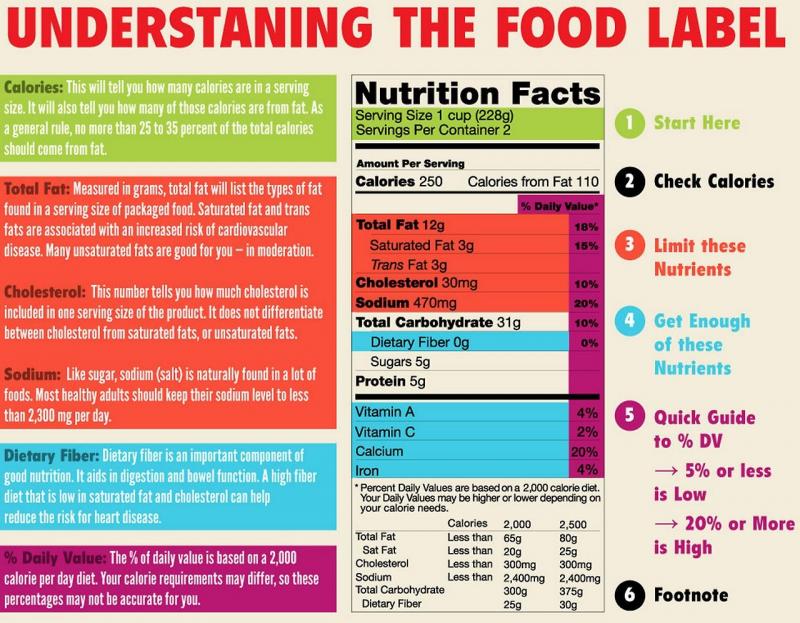
Here’s the crucial thing though: you need the right combo of complex and simple carbs, not just one or the other. Complex carbs alone can leave you feeling sluggish. But simple carbs alone can lead to crashing hard. So aim for carbs at each meal, plus well-timed simple carb snacks and sports fuels during games and practices. We clear on carbs now? Sweet, let’s move on.
Protein – Repair Those Muscles
Alright squad, now we gotta talk protein. You just ran countless suicide sprints, took a million shots on cage, and battled all practice to defend it too. Now what? Your muscles are screaming at you, right? They need repairing and rebuilding so they come back stronger. Enter protein.
Protein provides the amino acids your taxed muscles desperately need for recovery and growth. Without enough protein, you’ll end up sore, weak, and sidelined. No bueno. You need to be getting a solid dose of protein at every meal. I’m talking Greek yogurt, eggs, lean meats, nuts, you name it. Throw in a protein shake after workouts too.
What kind of protein is best? I recommend lean sources like chicken, fish, Greek yogurt, and plant-based proteins like beans and lentils. They give you the amino acids without the extra saturated fat of red meats. Maybe throw in some eggs too cause they’re high in leucine – an amino key for building muscle. Just don’t go too crazy on protein – excess can tax your kidneys. Get the right dose for you.
Protein + Carbs = Recovery
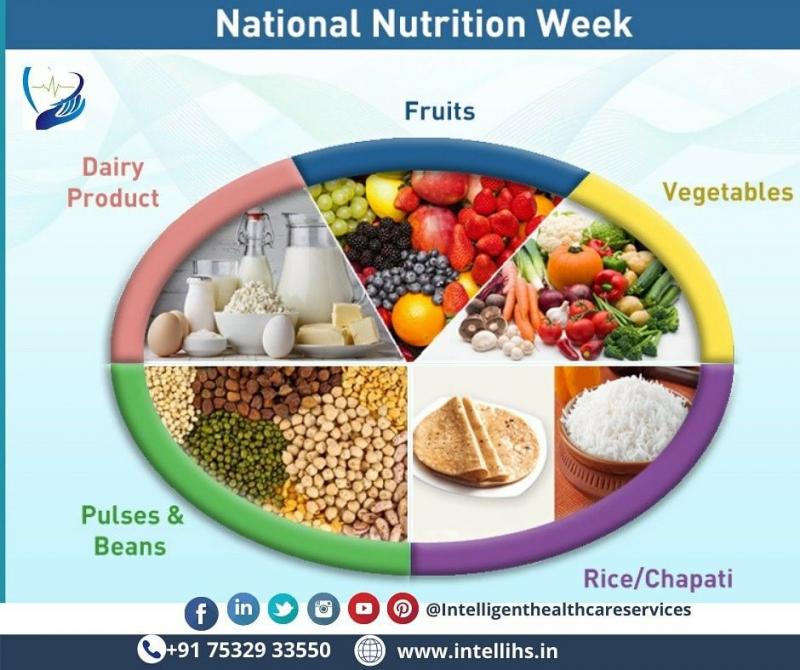
Now here’s a pro tip: eating protein and carbs together can supercharge recovery. The carbs replenish muscle glycogen while the protein provides amino acids. It’s a 1-2 punch to beat soreness and get you ready for the next practice. Maybe a yogurt parfait with granola or egg sandwich on whole grain bread. Recovery nutrition matters people!
Fat – Yes, You Need Healthy Fats!
Alright don’t tune out just cause I said the F word. Dietary fat has gotten a bad rap, but it’s time for the comeback story. You actually need fat in your diet for energy, vitamin absorption, and beyond. But I’m not talking just any old fat here. I’m talking the good kinds – unsaturated fats from nuts, seeds, avocados, olive oil, fatty fish, etc.
Here’s the deal. Good fats provide long lasting energy, help you absorb key vitamins, and help you build muscle. But trash fats like trans and saturated fats don’t do your body any favors. So be choosey with your fats. Swap out junk food for nuts, seeds, nut butters, and avocado. Cook with olive or avocado oil instead of butter. And eat fatty fish like salmon once or twice a week. Your body and performance will thank you.
Fat Keeps You Energized
And here’s another key benefit of healthy fats: they keep you feeling energized. Ever notice how a low fat meal or snack can sometimes leave you hungry again soon after? Fats help sustain energy levels by slowing digestion. So a little healthy fat mixed into meals and snacks goes a long way. Maybe an apple with peanut butter or oatmeal with nuts and seeds. Give it a try in your lacrosse diet!
Alright, so we’ve covered the big macronutrients: carbs, protein, and fat. They all play crucial roles in fueling and recovering from your intense lacrosse training and competition. But we’re not done yet. Let’s talk about two more keys for success….
Hydration – Don’t Underestimate It
You can’t crush it on the lacrosse field without proper hydration. If you show up dehydrated, it’s game over. You’ll fatigue way faster, your performance will suffer, and you’ll be at higher risk for cramps and injury. So hydrate properly friends – it matters.
Aim to sip water consistently throughout the day, not just chug before practice. And don’t depend on thirst alone – it’s not a good indicator. Your pee should be light yellow. Dark yellow means get to sipping more. Some athletes like using a water bottle to track ounces drank. Do what works for you.
During games and practice, water alone usually won’t cut it. The constant running means you need electrolytes too. Sports drinks and supplements can help. More on electrolytes coming up next….
Hydration Supports Performance
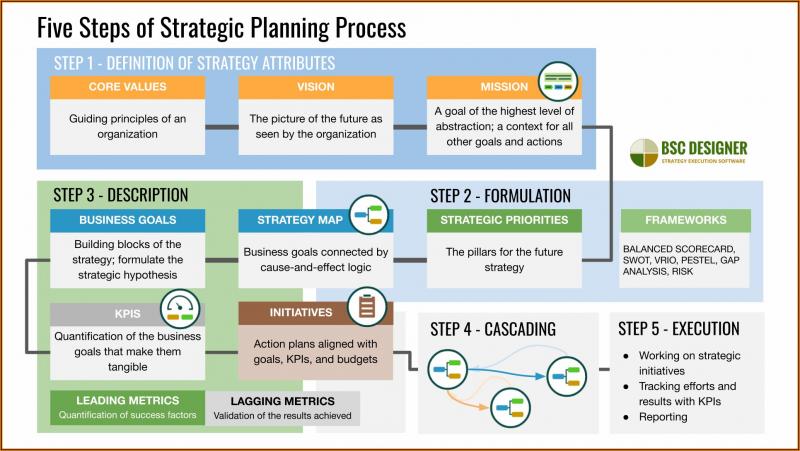
Proper hydration supports energy levels, motivation, focus, endurance – all keys to crushing it on the field. When you’re well hydrated, you just feel better physically and mentally. So make it a habit to sip throughout the day, slam some water before practice and games, and use sports drinks during. Hydration for the win!
Electrolytes – Get Some in Ya!
Alright team, let’s talk electrolytes. No, not just the stuff they peddle in sports drinks commercials. Electrolytes matter for real. When you sweat buckets during practice and games, you lose key electrolytes like sodium, potassium and magnesium. Without replacing them, you’ll cramp up, fatigue faster, and put your health at risk.
So what to do? Well first, make sure you’re hydrating properly like we just talked about. Water alone won’t cut it though. You need electrolytes too. Sports drinks are helpful for lighter training, but intense game days require more. Consider electrolyte supplements to get key minerals back in balance.
Some good electrolyte supplements are Nuun, Liquid IV, and Pedialyte powder packs. Use them during games and practices as needed. Pay attention to signals of low electrolytes like cramps and headache. And replace what you lose! Your performance depends on it.
Consistency Is Key
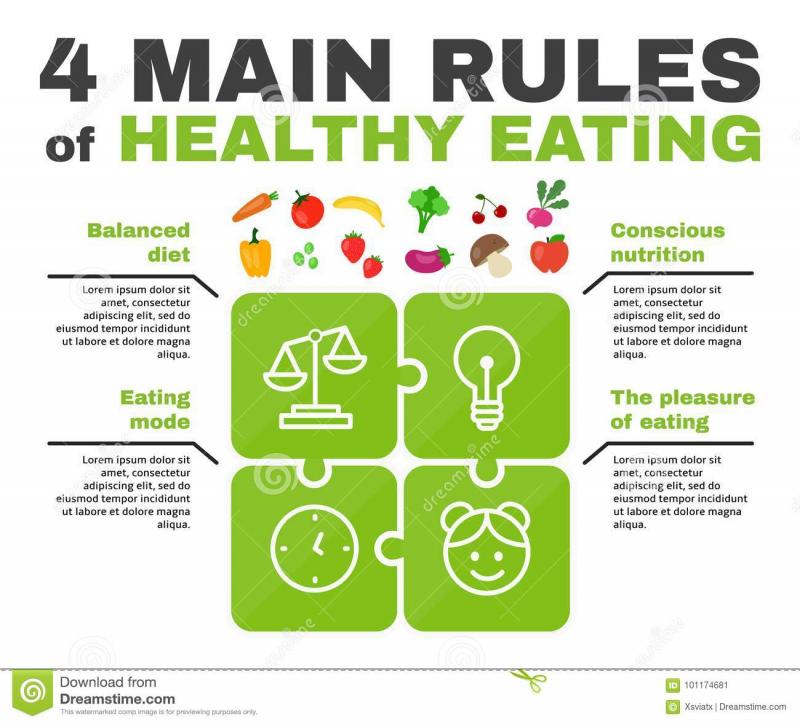
When it comes to nutrition and hydration for lacrosse, consistency is everything. You can’t just carb load before a game and expect results. Nor can you only hydrate when thirsty. We’re talking daily habits here people. Taking the time to properly fuel, hydrate, and recover day in and day out is what builds you into a strong, explosive athlete. The elite don’t get there overnight. They put in the daily work. Will you?
Protein – Repair Muscles
Alright folks, let’s dive into why protein is so crucial for lacrosse athletes. I know some of you might rather scarf down carbs or chug Gatorade, but hear me out. Protein ain’t just for bodybuilders trying to get jacked. It serves some seriously important functions that directly impact your performance and recovery.
Let’s break it down. When you’re grinding it out on the field with suicides, drills, heavy training, your muscles are breaking down from all that work. Tiny tears and damage occur in the muscle fibers. Not fun, right? But here’s where protein comes to save the day. It provides the amino acids your muscles desperately need to repair and rebuild themselves, even stronger than before.
Without adequate protein intake, your muscles remain damaged, weak, and unprepared for the next bout of intense training. Your strength and power suffers big time. But with sufficient protein consumption, you recover faster, gain more muscle, and develop the explosive power every great lacrosse player needs. Now you see why protein is so crucial?
Consistency Matters
Here’s the key though – you can’t just load up on protein once a week and call it good. No way Jose! You need consistent daily protein at meals and snacks. Shoot for 20-30g of quality protein at each meal. Good sources include Greek yogurt, cottage cheese, eggs, lean meats, legumes, nuts, and protein powder. Mix up your sources to get a variety of muscle-building amino acids.
Also, timing matters too. Try to get a solid protein source soon after intense workouts when your muscles are primed for recovery. Chocolate milk, Greek yogurt, or a protein shake are all easy options. Feed your muscles the protein when they need it most!
Fat – The Energy Booster
Now that we’ve talked protein, let’s switch gears to fat. I know what you might be thinking – fat makes me fat, right? Well not exactly. Dietary fat gets a bad reputation, but it’s time to set the record straight. You need fat, people. But not just any fat – the good kinds from nutrient-dense foods.
Here’s the deal. Healthy fats like those found in nuts, seeds, avocados, olive oil, and fatty fish provide sustained energy for demanding training and competition. We’re talking hours of non-stop energy from good fats. No mid-practice crash and burn. The kind of steady power that lets you blow past defenders in the closing minutes when they’re running on empty.
But garbage fats like trans and saturated fats can have the opposite effect. They provide empty calories without fueling performance. So be choosey with your fats for optimal energy.
Meal Makeup Matters
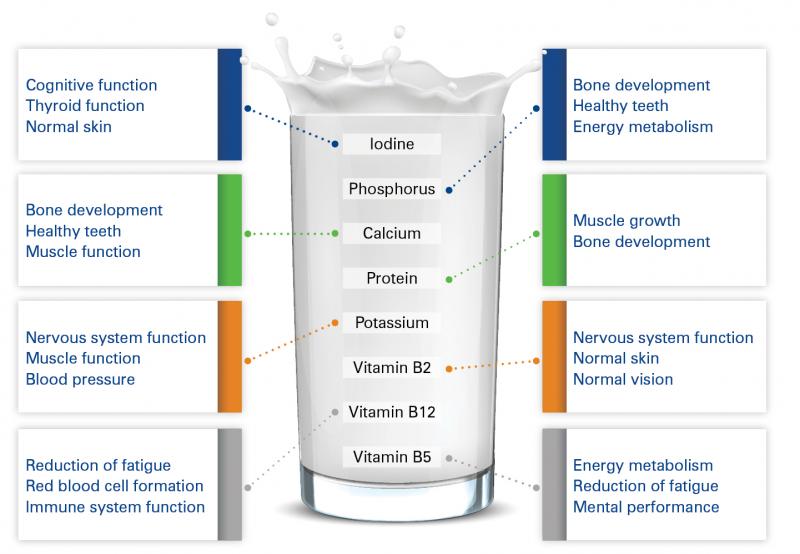
When building lacrosse-friendly meals and snacks, balance is key. Getting a mix of protein, carbs, and healthy fat ensures sustained energy and recovery. Maybe a turkey burger on a whole wheat bun with avocado slices and sweet potato fries. Or oatmeal made with milk, nuts, seeds, and berries. Play around to find combo meals that work for you.
And don’t underestimate the power of small re-fueling snacks either. An apple with nut butter or Greek yogurt with granola can provide the quick protein and carb kick you need between classes or before practice. Nutrition matters all day team, not just at big meals. Plan ahead to power up properly!
Hydration Habits
Hydration is no joke, lacrosse athletes. You push your body to the limits on the field under the hot sun. All that sweating means you need to drink up and replace those lost fluids and electrolytes. But I know, hydrating properly takes some effort. Let’s talk good habits.
First, sip water consistently throughout your day, not just right before practice. Guzzling water right before working out can leave you feeling sluggish and crampy. Better to steadily drink over time so your body absorbs it all. Shoot for at least 64oz daily as a goal.
Next, pay attention to your pee – yup, we’re going there. It should be light yellow, not dark. Dark yellow means your hydration needs work. Consider getting a water bottle with ounce markings to track your intake better. And don’t just rely on thirst – it’s not the best indicator.
Hydration Is Individual
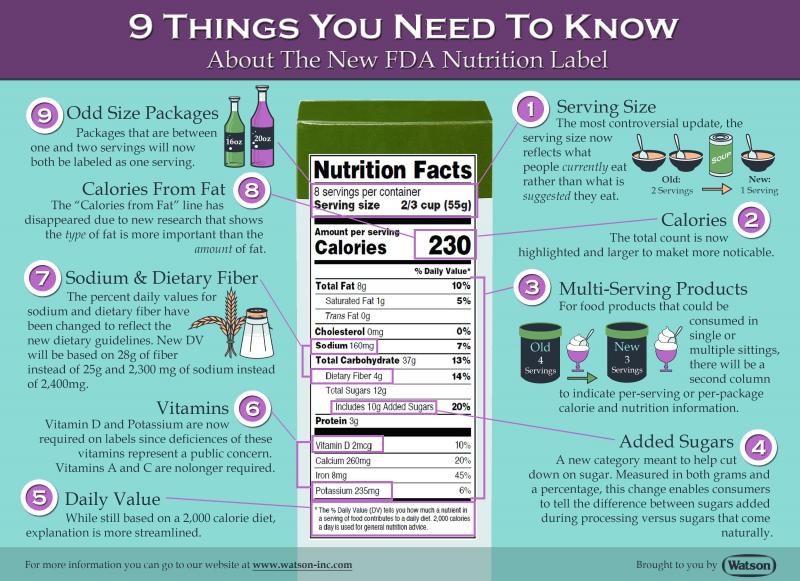
Here’s the reality – hydration needs vary person to person based on sweat rate, climate, training load, and more. Don’t just copy your teammates. Experiment to find the right amount for you. Notice fatigue, cramps, headache and other signals your body needs more. Hydration isn’t one size fits all, so put in the work to learn your needs.
Lastly, take advantage of sports drinks and supplements when needed. For intense training and competition, water alone may not cut it. The carbs, electrolytes and minerals in sports fuels can give you an edge. Use them strategically without going overboard. Get to know your options.
Bottom line: hydration can make or break your lacrosse game. Don’t let poor habits come back to bite you. Be proactive and put hydration first every single day. Your body will thank you!
Fat – Healthy Fats for Energy
Alright team, time for us to tackle another big lacrosse nutrition topic: dietary fat. I know the word “fat” carries some baggage and makes some athletes freak out. But hear me out for a sec. Not all fats are created equal. There are good fats that provide energy, and bad fats that don’t. Let’s break it down.
The key is focusing on unsaturated fats from nutrient-dense whole foods. I’m talking nuts, seeds, avocados, olive oil, fatty fish, etc. They provide a steady stream of energy to power you through long practices and games when carbs alone might leave you crashing.
Good fats also help you absorb key fat-soluble vitamins important for performance, like vitamins A, D, E and K. Plus they support sustained energy, healthy hormone levels, muscle recovery and more. Not bad for the F word!
Cut the Junk Fats
Now on the flip side, unhealthy fats like trans fats found in fried foods and saturated fats in greasy burgers and pizza provide empty calories without the performance benefits. They can increase inflammation, compromise health, and leave you sluggish.
So be selective with your fats, folks. Swap chips for nuts, cheeseburgers for salmon patties, and fries for avocado slices. Your body will thank you with more energy for all those grueling drills, sprints, and competitive battles on the field.
Food Timing Matters
Alright team, we’ve covered key nutrients and hydration strategies. But when you eat certain foods and drinks can impact results too. Food timing around workouts really matters, so let’s break that down.
In general, aim for a mix of protein, carbs, and healthy fats before intense training or competition. You want nutrients in the tank beforehand to fuel you through. Some good pre-game options are oatmeal with Greek yogurt, sandwich with lean protein, or eggs with whole grain toast.
During long practices or games, easy to digest carbs and fluids keep energy steady. Sports drinks, bars, gels, bananas, and sports chews are solid options. Avoid heavy fatty or protein-focused foods though – they can cause cramps and GI issues.
Recovery Starts ASAP
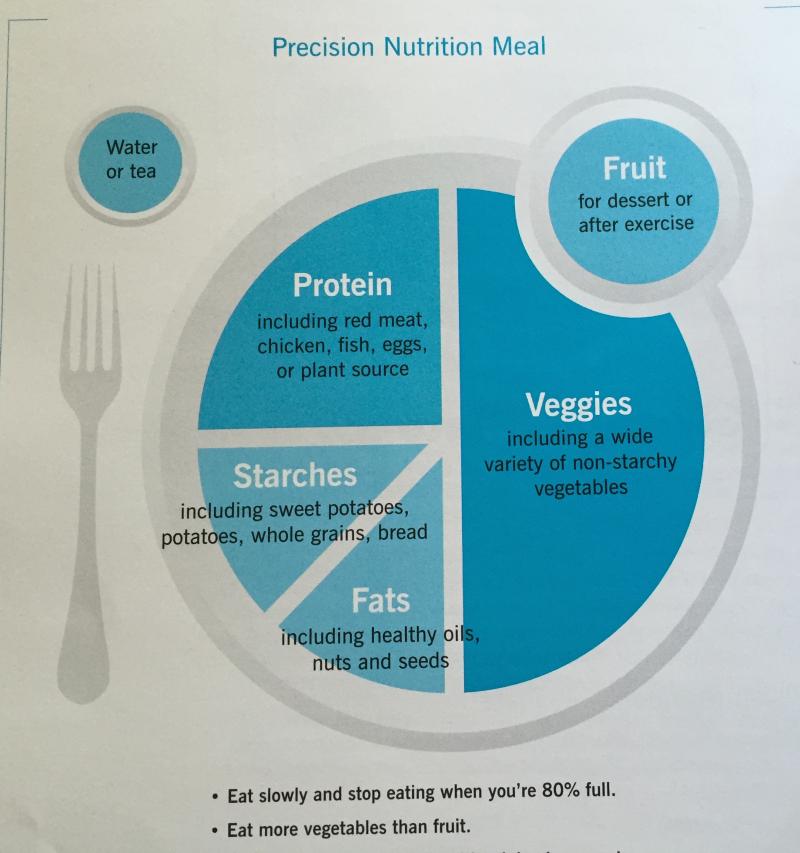
Now here’s where timing really matters – starting recovery nutrition soon after your workout while muscles are still primed to rebuild. Chocolate milk, Greek yogurt, eggs, and protein powder mixed with fruit or oats all allow you to refuel fast. Don’t wait hours to eat or you’re missing the recovery window!
Bottom line: Pay attention to how foods make you feel when fueling around workouts. Experiment to find the right balance and timing that provides energy without leaving you sluggish or crampy. Don’t overlook when you eat – it impacts how you feel and perform!
Meal Composition Matters
You’ve gotta look beyond just specific nutrients as an athlete. How you compose full meals and snacks matters big time too. The right meal combinations can optimize energy, recovery, and health.
In general, strive for a balanced plate at meals with protein, carbs, and healthy fats. Maybe a chicken breast, sweet potato, and veggie salad with avocado. Or tofu stir fry with brown rice and broccoli. Mixing macros prevents energy crashes.
Snacks matter too. Try yogurt with granola, apple with peanut butter, or carrots with hummus. The protein/carb combo sustains you between bigger meals. Don’t overlook snacks – they’re mini fuel-ups!
Consider Your Needs
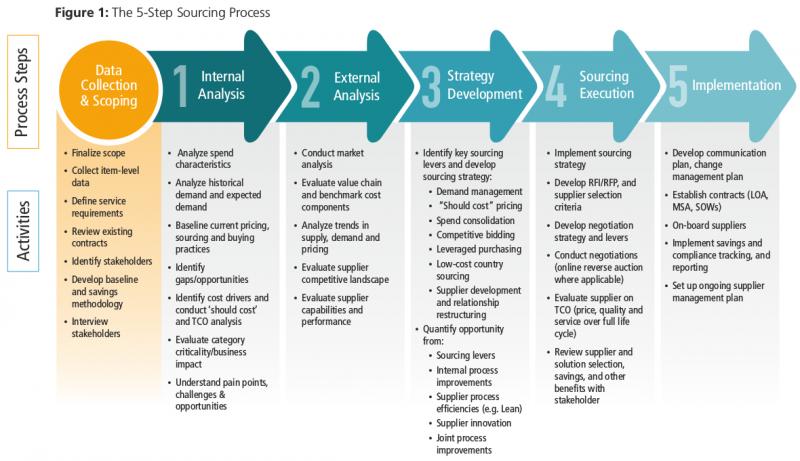
Now meal composition isn’t one-size-fits-all. Consider your body’s needs. Are you strength training hard and need more protein for muscle repair? Or doing 2-a-day practices and need extra carbs for energy? Tweak your plates accordingly.
Reading hunger/fullness cues helps too. If you’re starving soon after meals, maybe you need more calories or a heartier meal. Feeling sluggish? Adjust the portions or macros. There’s no universal lacrosse diet – find what works for YOU.
Hydration Check-In
Alright folks, before we wrap up let’s circle back to hydration real quick. I know I probably sound like a broken record, but hydrating properly has such a massive impact on performance, I’ve gotta hammer it home.
It bears repeating: sip water consistently all day, not just before practice. AND, pay attention to your pee color as an indicator of hydration status. I know it’s not glamorous, but it’s an easy way to gauge if you’re drinking enough. Aim for light yellow pee, team!
Also, realize hydration needs are individual. Don’t just copy your teammate’s routine or water intake. Experiment to find what works for YOUR body based on sweat rate, climate, training load, etc. Fine tune it over time.
Make It a Habit
Hydrating properly day in and day out requires habit building. Make it easy on yourself. Have a water bottle on hand at all times. Set reminders to drink. Choose water over sugary drinks. The more you hydrate, the more your body expects and craves it. Don’t wait till you’re parched – prevent dehydration before it happens!
Alright lacrosse athletes, that wraps up our deep dive into fueling those elite lacrosse bodies of yours. Take these nutrition and hydration tips to heart and execute on them daily. Your performance, recovery and health will thank you big time! Now go crush it out there.
Hydration – Fluids for Optimal Performance
Alright team, time for us to tackle the big one when it comes to lacrosse nutrition and performance – hydration. I know it sounds basic, but proper hydration is no joke. It impacts energy, endurance, motivation, recovery, and way more. Let’s break it down.
When you’re grinding away on the field under the hot sun, your body sweats – like buckets. All that fluid loss means you need to continually replenish. Otherwise you’ll fatigue way faster, your performance will plummet, and you risk major cramps, dizziness, and other issues.
But proper hydration isn’t just about guzzling water right before practice. It requires consistency throughout the day. Your pee should be light yellow or clear, not dark yellow. And even mild dehydration can hinder you, so this matters 24/7!
Listen to Your Body

Pay attention to signals from your body too. Do you feel sluggish, get headaches, or cramp up easily? All signs you may need to bump up your hydration game. Don’t just copy teammates’ intake – learn what YOUR body needs based on sweat rate, climate, training intensity and more. We’re all different.
During exercise, fluids with electrolytes become even more key. Straight water can lead you to become deficient in sodium, potassium, magnesium and more lost through sweat. Hydrating smartly is crucial.
Electrolyte Balance
Speaking of electrolytes, let’s do a deeper dive. Electrolytes like sodium, chloride, potassium and magnesium are essential minerals that play key roles in muscle contraction, nerve signaling, energy production and much more. Without adequate electrolytes, your body simply can’t perform at its best.
Heavy sweating during intense lacrosse training and competition requires you pay extra attention. As you lose fluids and electrolytes through sweat, you need to replenish them sufficiently. Otherwise, dehydration, cramps, fatigue, and other issues can take you down hard.
Sports drinks are helpful during lighter workouts, but intense game days require additional electrolyte replenishment. Consider supplements like Nuun, Liquid IV, Pedialyte, etc. Use as needed to get back in balance.
Tune In to Your Body
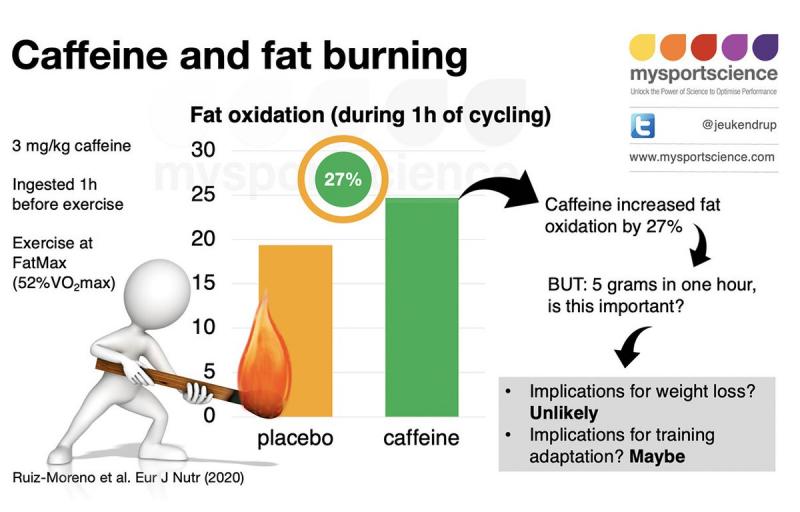
Pay attention to signs you may need more electrolytes – things like muscle cramping, lack of energy, headache, nausea. Don’t ignore them. Experiment to find what works best for YOUR body. Some athletes require more than others.
And remember, electrolyte intake should coincide with proper hydration. You need the fluids to deliver those minerals into your system effectively. Don’t overlook plain old water in addition to electrolyte sources.
Caffeine – Use Strategically
Alright team, time to tackle a sports fuel many of you probably use – good ole caffeine. That pre-game coffee, energy drink, or caffeinated gel can provide a nice little performance boost. But caffeine requires smart dosing.
Here’s the deal. A moderate dose of caffeine before exercise – think around 3mg per kg of body weight – can enhance endurance, alertness, focus, and strength. Not too shabby for a little pre-game buzz!
Downing crazy high amounts of caffeine offers no benefit though and can backfire. You may get jittery, anxious, and disrupt sleep. Plus your body builds tolerance over time requiring higher doses. Not ideal.
Experiment with Timing
Timing your caffeine matters too. You want it in your system right before game time so that performance boost kicks in when you need it. But consumed too soon or late and the effects can fade before you need them. Play around to dial in ideal timing.
And don’t forget hydration when using caffeine. It has a mild diuretic effect, so add some extra fluids. Use caffeine strategically team, not recklessly. When dosed and timed appropriately, it can give your performance a helpful little edge.
Recovery Nutrition
Alright folks, we’ve covered fueling before and during exercise. But post-workout nutrition matters big time too. Failing to properly refuel and recover after grueling lacrosse training can stall all your hard work and progress.
Your muscles are primed to absorb carbs and protein immediately after training. Quickly consuming a carb/protein combo, like chocolate milk or a recovery shake, maximizes this crucial window for muscle repair and glycogen restoration.
Within the first hour or so post-workout, strive for a meal with quality carbs, 20+ grams of protein, and some healthy fats. A bowl of oatmeal with Greek yogurt, berries, nuts and nut butter is money.
Consistency Counts
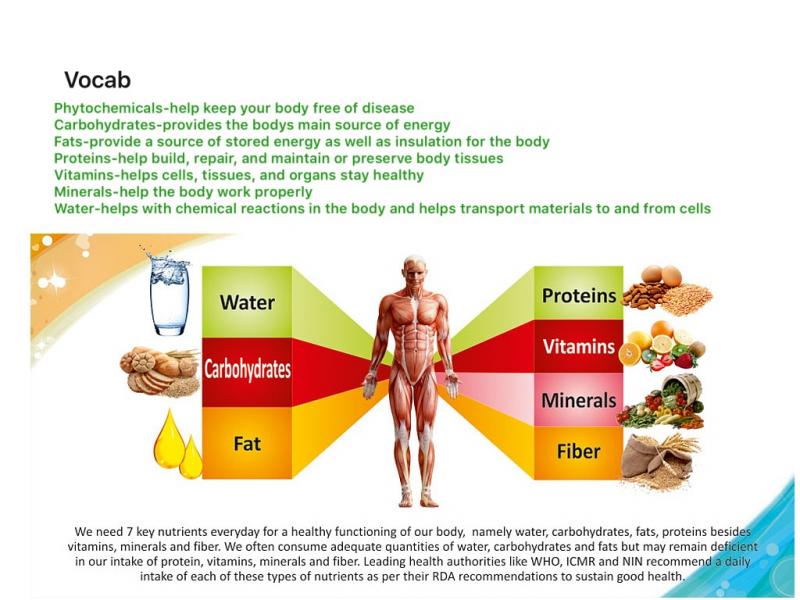
Just like training consistency yields results over time, so does post-workout nutrition. Make it a habit to fuel up appropriately after every practice, lifting session, and competition. Don’t skip it or eat junk. Give your hard working muscles the nutrients they need to recover and improve!
Alright lacrosse crew, that wraps up our deep dive into properly fueling those elite lacrosse bodies of yours. Take these tips and execute on them daily. Don’t leave gains on the table. Your performance, health and recovery depend on it. Get after it!
Electrolytes – Replenish What You Lose
As a lacrosse player, nutrition and hydration are crucial to your performance and recovery. Without proper fueling and hydration, you simply won’t be able to perform at your best or recover optimally from intense practices and games. Electrolytes play a particularly important role that is often overlooked.
Electrolytes like sodium, potassium, calcium, and magnesium are minerals that help regulate muscle function, hydration levels, and overall body function. You lose electrolytes through sweat during intense lacrosse workouts and games. If you don’t replenish them properly, you may experience muscle cramps, fatigue, headaches, and poor performance.
So what’s the best way to get enough electrolytes as a lacrosse player? Here are some tips:
- Drink sports drinks like Gatorade during and after games and practices. The carbohydrates and electrolytes will help fuel your performance and rehydrate effectively.
- Eat fruits and veggies high in potassium like bananas, avocados, spinach, and sweet potatoes. Potassium supports muscle and nerve function.
- Consume enough calcium through dairy, leafy greens, nuts and supplements. Calcium supports bone health and muscle contractions.
- Eat magnesium-rich foods like nuts, seeds, legumes, whole grains, and leafy greens. Magnesium is important for energy production.
- Season foods with salt to increase sodium intake. Sodium helps maintain fluid balance.
- Drink coconut water, which naturally contains key electrolytes.
- Consider an electrolyte supplement on hot and humid game days when sweat loss is high.
Replenishing electrolytes should go hand-in-hand with proper hydration. Dehydration can quickly set in during lacrosse’s fast-paced, intense play. Here are some tips to stay hydrated:
- Drink 17-20 oz of water or sports drink 2-3 hours before a game or practice.
- Continue sipping 7-10 oz every 15-20 minutes during play.
- Weigh yourself before and after games to gauge sweat loss and rehydration needs.
- Drink 20-24 oz of fluid for every pound lost through sweat.
- Urine color is an easy hydration check – it should be light yellow to clear.
- Flavor water with fruits and herbs or use sports drinks if struggling to drink enough.
Fuel with Carbs for Energy

Your muscles rely heavily on carbohydrates for quick energy during lacrosse’s fast pace. Without adequate carb intake, you’ll quickly tire and struggle with endurance and performance. Make sure to fuel up properly around workouts:
- Eat 1-4 grams of carbs per pound of bodyweight daily from whole grains, fruits, veggies and dairy.
- Consume a light pre-game meal 2-3 hours before play with carbs and protein – try oatmeal and eggs or Greek yogurt and banana.
- Choose easily digested carbs for pre-game snacks like rice cakes, fruit, and sports drinks.
- Continue carb intake during long games and tournaments with sports gels and chews.
- Refuel post-game within 30 minutes to replenish glycogen stores – chocolate milk or Greek yogurt with granola are great options.
Not all carbs are created equal. Focus on whole, nutrient-dense sources like whole grains, sweet potatoes, quinoa, fruits and lowfat dairy rather than simple sugars from candy, soda and chips.
Protein for Repair and Recovery
Getting adequate protein as a lacrosse athlete supports muscle repair and recovery from challenging strength training and lacrosse workouts. Shoot for the following protein guidelines:
- Consume 0.5-0.7 grams of protein per pound of bodyweight daily from eggs, poultry, fish, dairy and plant sources like legumes.
- Include a source of protein in all meals and snacks throughout the day – Greek yogurt parfaits, cottage cheese, nuts, jerky.
- Fuel up with eggs, Greek yogurt or protein powder prior to morning workouts after an overnight fast.
- Refuel with a protein + carb combo within 30 minutes after strength and lacrosse sessions – try chocolate milk or turkey sandwiches.
- Casein protein before bed supports muscle repair overnight – have cottage cheese or Greek yogurt.
- Whey protein post-workout quickly delivers amino acids to muscles.
Consuming adequate protein around workouts is crucial, but don’t neglect protein at other meals either for satiety and sustained daily muscle repair and recovery.
The Bottom Line
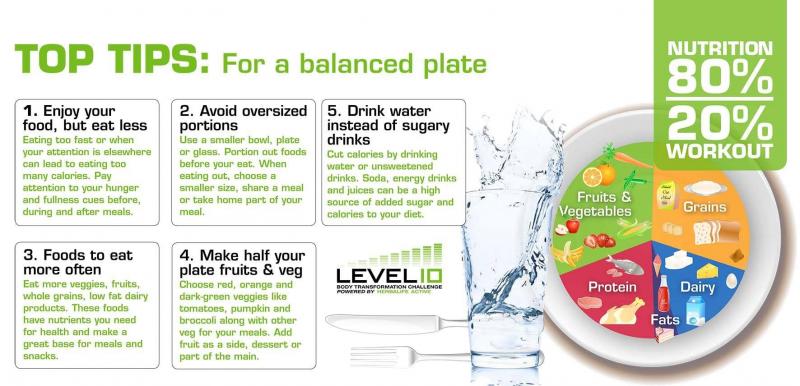
Paying attention to nutrition and hydration is a key part of lacrosse performance and recovery. Supply your body with adequate electrolytes, fluids, carbohydrates, and protein through a balanced lacrosse diet. Time these nutrients around your workouts for optimal energy and recovery. Stay on top of hydration and electrolyte needs especially in hot weather. With the right lacrosse nutrition strategies, you’ll feel energized, recover faster, and perform at your very best.
Caffeine – Use Wisely for a Boost
As a competitive lacrosse player, you’re always looking for ways to enhance your training, maximize your performance, and give yourself an edge. Properly timed caffeine is one strategy you can use to legally boost your game.
Caffeine is a stimulant that can provide benefits like increased alertness, concentration, reaction time, and fatigue resistance – all key attributes for lacrosse. However, caffeine use needs to be strategic and moderate to avoid side effects like jitters, anxiety, insomnia, digestive issues, crashes, and performance impediments.
Here are some tips for using caffeine wisely as a lacrosse player:
- Experiment withcaffeine in practices first to gauge personal tolerance and effectiveness.
- Consume 3-6 mg caffeine per kg of bodyweight, scaled to your individual needs.
- Choose natural sources like coffee, tea, and dark chocolate over energy drinks which have added sugars.
- Time caffeine intake 60-90 minutes pre-game for maximal effect.
- Limit caffeine after lunchtime to prevent sleep disruption.
- Stay well-hydrated to counter dehydration effects.
- Combine caffeine with carbs for energy and protein for muscle recovery.
- Cycle caffeine rather than using it daily to maintain sensitivity.
While strategic caffeine use can provide a performance boost, good nutrition and hydration practices are even more important for lacrosse performance. Don’t rely on caffeine alone.
Fuel with Carbs
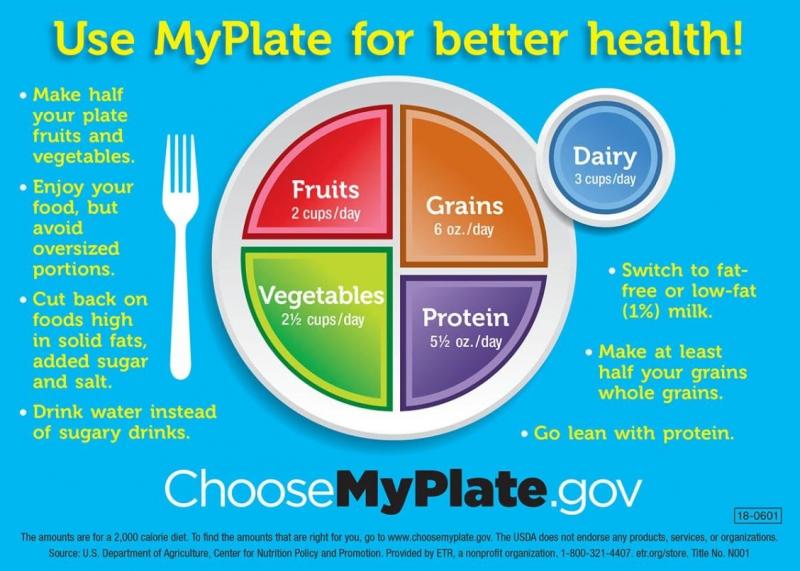
Having proper carbohydrate fueling strategies is crucial for lasting energy during lacrosse’s fast pace play. Follow these carb guidelines:
- Consume 3-5 g carbs/lb bodyweight daily from whole grains, fruits/veggies.
- Eat a light carb-rich meal 2-3 hours pre-game.
- Choose easily digested carbs like bananas, rice cakes, sports drinks as pre-game snacks.
- Refuel every 30 mins during play with sports gels and chews.
- Replenish carb stores ASAP post-game with chocolate milk or a recovery smoothie.
Quality carb sources like sweet potatoes, berries, quinoa and Greek yogurt provide key nutrients for performance unlike junk food carbs from chips, candy, and soda.
Hydrate Optimally
Dehydration rapidly sets in during intense lacrosse games if fluids aren’t replaced sufficiently. Follow these tips:
- Pre-hydrate with 16-22 oz fluid 2-3 hours before play.
- Drink 7-10 oz every 10-20 minutes during games.
- Assess sweat losses and rehydrate with 16-24 oz per pound lost.
- Sip on sports drinks to replenish fluids, carbs, and electrolytes.
- Urine color check – well hydrated is light yellow.
Proper hydration keeps energy levels and performance high while reducing cramping, fatigue, and cognitive declines.
Recover with Protein
Protein after tough lacrosse workouts helps repair damaged muscle fibers and synthesize new muscle tissues. Aim for:
- 0.5-0.7 g protein per pound of bodyweight daily from lean meats, Greek yogurt, eggs, protein powder.
- Include protein in pre and post-workout fueling.
- Refuel with chocolate milk or Greek yogurt with granola after sessions.
- Casein protein before bed speeds overnight muscle repair.
Getting sufficient protein accelerates strength and endurance development while helping you recover faster for your next lacrosse challenge.
The Bottom Line
Strategic caffeine use can provide a legal, pre-game boost, but good nutrition and hydration practices are foundational. Consume adequate carbs for energy, electrolytes for muscle function, fluids for hydration, and protein for repair. With smart lacrosse fueling strategies, you’ll have the energy, endurance and strength to perform at your highest level.
Food Timing – Eat Right Before, During, After
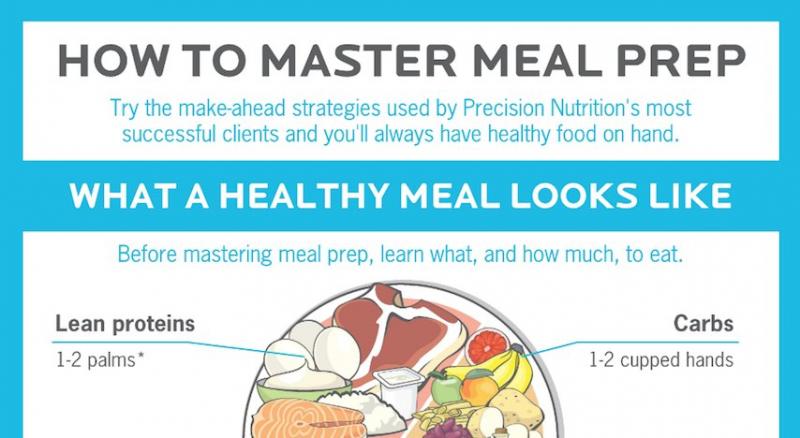
Properly fueling your body before, during, and after practices and games is just as important as what you eat. Optimizing your food timing as a lacrosse player ensures you have enough energy and recovery to perform at your best.
Here are some lacrosse meal timing guidelines:
Pre-Game Fueling
Eating 1-4 hours before a game provides time to digest and deliver fuel to your muscles. Target easily digested carbs, protein, and fluids:
- Eat a light meal 2-3 hours pre-game with carbs, protein, and fat – Greek yogurt with berries and granola.
- Stick to snack foods 1-2 hours before like bananas, rice cakes, sports drinks.
- Hydrate well with 16-24 oz fluid 2-3 hours before warm-ups.
- Have a small protein-carb snack if your pre-game meal was more than 3-4 hours prior.
You want nutrients circulating through your bloodstream, not sitting heavy in your stomach during competition. Proper pre-fueling prevents hunger, instability, and GI issues.
During Game Fueling

Extended lacrosse games and tournaments require active fueling to avoid drops in blood sugar, energy, and performance. Consume easily digestible carbs and fluids every 20-30 minutes:
- Drink 7-10 oz sports drink every 10-20 minutes.
- Fuel up with sports gels, chews, or bananas every 20-30 minutes.
- Have fluids and carb snacks on the sidelines for easy access.
- Set a phone alarm as a reminder if you struggle with intake during play.
Don’t wait until you feel tired or dehydrated to fuel up – by then your energy and performance will already be compromised. Stay ahead of your needs.
Post-Game Recovery
What you consume in the 30-60 minutes after a game optimizes recovery and sets the stage for your next practice or match. Priorities are replenishing carbs, protein, and fluids:
- Refill carb stores within 30 minutes post-game with chocolate milk, Greek yogurt, bananas.
- Hydrate with 16-24 oz water or sports drink per pound of sweat lost.
- Consume 20-30 grams protein to stimulate muscle repair – try chocolate milk, cottage cheese, eggs.
- Have a meal containing quality carbs, lean protein, veggies within 2 hours.
Proper post-game nutrition speeds muscular recovery, restores energy, rehydrates the body, and reduces next day soreness.
Daily Fueling Recommendations
In addition to workout and game fueling, optimizing meal timing throughout the day ensures you’re properly fueled for practices, conditioning, and recovery:
- Eat a carb + protein breakfast within 90 minutes of waking to energize muscles and replenish after the overnight fast.
- Have a mid-morning snack with carbs and protein like Greek yogurt and fruit to maintain blood sugar.
- Consume a carb-rich lunch with plenty of veggies to fuel afternoon strength and conditioning work.
- Have an afternoon snack with carbs + protein like trail mix or apple with cheese to hold hunger before dinner.
- Don’t skimp on post-dinner nutrition – have a carb-protein bedtime snack like cottage cheese with banana.
Balancing your macronutrients and eating frequently helps stabilize energy, manage hunger, support muscle repair, and fuel activity all day long.
Bottom Line
When you eat is just as crucial as what you eat for lacrosse performance. Dial in your pre-game fueling to provide energy without GI distress. Refuel during extended play to maintain energy levels and focus. Quickly recover post-game with carb, protein, and hydration strategies. Consume balanced meals and snacks throughout the day to power practices, conditioning, and daily recovery. With strategic lacrosse meal timing, you’ll optimize energy, recovery, and performance gains.
Meal Composition – Balance Macros
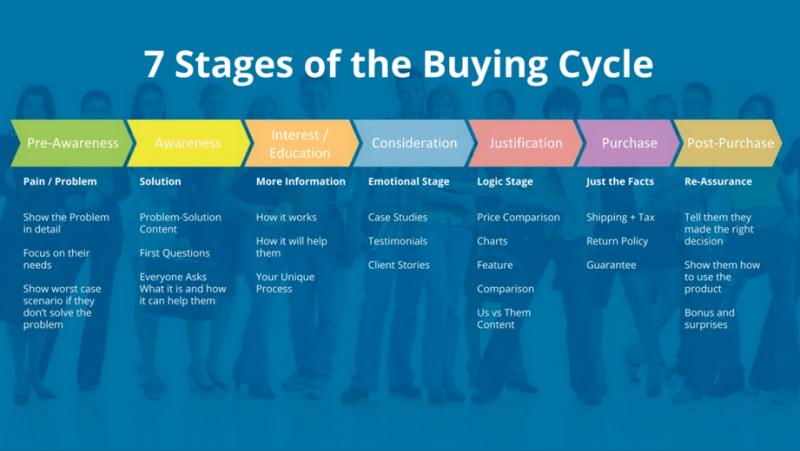
You’ve heard it time and again – balance is key for lacrosse performance. This applies to your strength, speed, endurance, skills, and certainly nutrition too. Constructing well-balanced lacrosse meals and snacks ensures you get the right blend of macronutrients – carbohydrates, protein, and fat – to power your game.
Here’s how to compose optimally balanced lacrosse fueling:
Carbohydrates – Fuel for Muscles
Carbs are the primary fuels used by your muscles during high intensity lacrosse play. Skimping on carbs leads to fatigue, decreased performance, and reduced recovery. Aim for these carb targets:
- 3-5 g carbs per pound of bodyweight daily from whole grains, fruits/veggies, dairy.
- Consume carbs in all meals and snacks throughout the day.
- Time the bulk of carb intake around practices and games when fuel needs are highest.
- Focus on nutrient-dense, high fiber carb sources like oats, sweet potatoes, and berries rather than simple carbs from sweets, soda, chips, and white bread.
Properly fueling with the right amount of quality carbs will provide lasting energy for intense lacrosse performance.
Protein – For Muscle Building and Repair
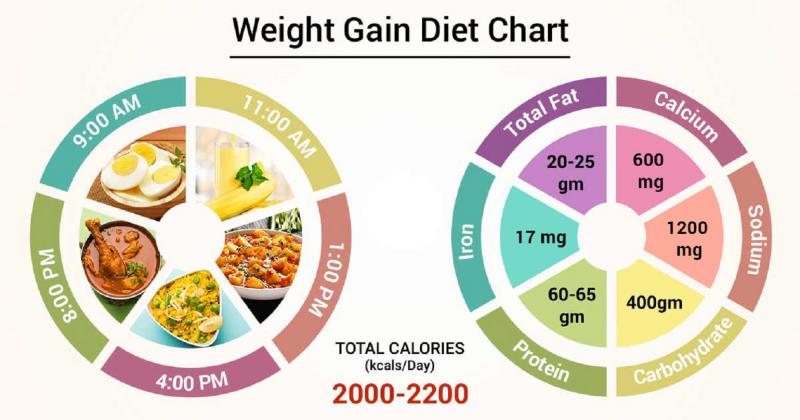
Hard training, challenging practices, and competitive games subject your muscles to breakdown that requires protein for repair and growth. Get adequate protein with each meal:
- Consume 0.5-0.7 g protein per pound of bodyweight daily.
- Include protein sources like eggs, Greek yogurt, cottage cheese, chicken, fish, and plant proteins.
- Time protein intake pre and post-workout to provide amino acids when muscles need them most.
- Focus on lean proteins, not high fat proteins like bacon, sausage, and fried meats.
Sufficient protein in your lacrosse diet maximizes muscle development and keeps recovery on track.
Healthy Fats – For Energy, Hormones, and Absorption
While less emphasis is placed on fat, it’s still an important part of balanced sports nutrition. Healthy fats provide energy, help absorb nutrients, and support hormone health. Incorporate good fats at each meal:
- Consume 20-30% of total calories from healthy unsaturated fats.
- Choose avocados, nuts, seeds, olive oil, fatty fish, and nut butters.
- Avoid saturated and trans fats from fried foods, processed snacks, baked goods, and fatty meat.
- Go easy on added fats like butter, creamy sauces, and dressings.
Adequate healthy fat helps satisfy hunger, fuels activity, and provides key lacrosse nutrients.
Hydration – Don’t Forget Fluids
Hydration is just as important as macros for lacrosse nutrition. Follow these fluid guidelines:
- Drink 17-20 oz water 2-3 hours before practices and games.
- Consume 7-12 oz every 10-20 minutes during play.
- Replace fluids after activity matching 16-24 oz per pound lost through sweat.
- Assess hydration with body weight changes and urine color.
- Include fluids from water, milk, juices, fruits, vegetables, soup broths, and sports drinks.
Dehydration rapidly decreases performance and recovery. Hydrate properly before, during, and after lacrosse activity.
The Bottom Line
A balanced lacrosse diet provides the right blend of carbohydrates for energy, protein for building and repair, healthy fats for hormones and function, and fluids for hydration. Time these macronutrients and fluids appropriately around your training schedule. Focus on nutrient-dense sources of each. With a properly balanced lacrosse nutrition plan, you’ll maximize your performance, gains, and overall health.
Snacks – Refuel During the Game

The fast-paced, high intensity nature of lacrosse demands frequent fueling. Long games, extended tournaments, and repeated same-day matches require on-point snacking strategies to maintain energy levels and performance.
Here are tips for dialing in your lacrosse snacks:
Snack Smart During Games
Brain fog, lagging energy, and diminishing performance inevitably set in without proper fueling during competition. Snack every 20-30 minutes on easy foods like:
- Sports drinks – provide fluid, electrolytes, carbs.
- Energy gels and chews – compact carbs.
- Fruit – bananas, oranges, apples.
- Granola or energy bars – look for whey protein and natural carbs.
- Rice cakes or pretzels for light carbs.
- Trail mix – combine carbs and protein.
Have snacks readily available on the sidelines. Set a watch timer if needed. Don’t wait until you feel tired to fuel up.
Recover Right After Games
Continuing to snack within 30-60 minutes after a game optimizes recovery. Priorities are replenishing muscle glycogen, rehydrating, and providing protein for muscle repair. Choose recovery snacks like:
- Chocolate milk – provides carbs, protein, fluids.
- Greek yogurt with berries and granola – for carbs, protein.
- Turkey or roast beef sandwich – look for whole grain bread.
- Protein smoothie with milk, yogurt, fruits, greens, protein powder.
- Trail mix with dried fruit, nuts, seeds, dark chocolate pieces.
Pair your recovery snacks with 16-24 oz of water or sports drink per pound lost through sweat.
Refuel Between Double Sessions

Back-to-back practices and double game days require extra attention to fueling for recovery. After your first session, consume a snack within 30 minutes followed by a meal in 1-2 hours. Choose easily digestible carbs, fluids, and protein:
- Post-practice snack – chocolate milk or Greek yogurt with granola.
- Meal – grilled chicken, sweet potato, veggies, berries.
- Hydrate with 20 oz water or sports drink per pound lost.
Proper between-session fueling provides energy, primes recovery, and decreases fatigue for your next lacrosse challenge.
Snack Well During Tournaments
Fueling sufficiently during lacrosse tournaments prevents declines as play continues. Follow these tournament fueling tips:
- Eat a carb-rich meal 3-4 hours pre-game.
- Snack on bananas, energy bars, sports drinks during play.
- Within 30 minutes post-game, consume protein + carb recovery foods.
- Eat a meal with carbs, protein, veggies, healthy fat within 2 hours.
- Continue snacking on fresh fruits, veggies, nuts, seeds, Greek yogurt throughout the day.
- Stay hydrated with sports drinks and water.
Repeatedly playing at your highest level demands diligent recovery and fueling practices during tournament play.
Everyday Lacrosse Snacks
Snacks shouldn’t just be confined to games. Snacking throughout the day provides energy, assists recovery, and prevents hunger spikes. Nutritious lacrosse snack options include:
- Greek yogurt parfaits with berries and granola
- Apples and peanut butter
- Cottage cheese and fruit
- Turkey roll-ups with cheese
- Hard boiled eggs
- Fresh fruits and vegetables
- Trail mix or nuts
- Oatmeal cups
Refuel intelligently before, during, after, and between lacrosse play with balanced snacks that provide carbohydrates, protein, and hydration.
Supplements – Consider Creatine and More
A healthy, well-balanced diet should provide the majority of nutrients a lacrosse player needs. However, strategic supplementation can provide performance and recovery benefits. Understand the science and assess your individual needs before adding supplements.
Creatine
One of the most effective, safest, and widely used sports supplements is creatine. It works by increasing muscle phosphocreatine stores, enhancing power output, strength, and lean mass gains from training. Potential benefits for lacrosse include:
- Increased sprint speed, acceleration, and quickness.
- Greater gains from strength training.
- Enhanced repeated sprint ability.
- Reduced fatigue late in games.
Recommended creatine dosing is 0.3 grams per kg of body weight daily. Cycle on creatine for 6-8 weeks, followed by a break.
Protein
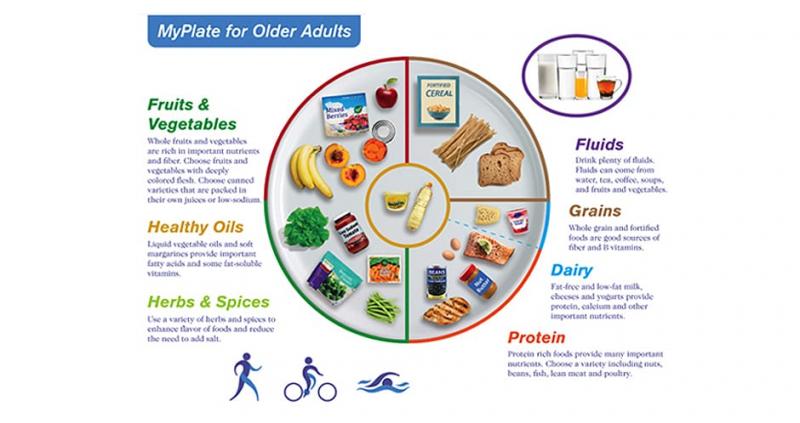
Consuming high quality protein from foods should be the priority. But adding whey, casein, or plant-based protein powders can help meet increased protein needs for building muscle and recovering from lacrosse training. Use powders to supplement post-workout or pre-bedtime.
Omega-3s
Omega-3 fatty acids from fish oil support overall health and performance. Athletes have higher omega-3 needs. Supplementing 1-2 grams daily helps reduce inflammation, enhance recovery, and offset hard training effects.
Probiotics & Prebiotics
Supporting healthy gut bacteria with probiotic supplements may enhance recovery,immune function, and performance. Prebiotics provide nutrients for probiotics. Include probiotic-rich foods too like yogurt, kefir, kimchi.
Vitamin D
Many athletes are low in the “sunshine vitamin.” Vitamin D plays key roles in muscle function, bone health, immunity and more. Test levels first, then supplement with 2,000-5,000 IU daily if warranted.
Other Options
Other supplements like beta-alanine, nitrates, antioxidants and branded performance ingredients may provide modest benefits but require more research. Assess individual needs and consult a sports dietitian.
Supplement Safely
When adding supplements, keep these guidelines in mind:
- Consult a sports medicine professional to assess your needs.
- Purchase reputable brands that are NSF Certified for Sport.
- Follow proper dosing instructions.
- Avoid mega-doses in search of quick results.
- Don’t take anything banned by lacrosse leagues.
While specific supplements may provide performance benefits, a lacrosse diet full of nutrient-dense whole foods, proper hydration, and strategic fueling remains the nutritional foundation.
Bottom Line
Carefully assessed supplementation tailored to the individual athlete can enhance lacrosse performance and recovery when combined with sound nutrition principles. Do your research, test to find your needs, and work with sports professionals to determine if supplements have a strategic role in your lacrosse performance plan.
Nutrient Density – Eat Quality Foods
When building your lacrosse nutrition plan, quality trumps quantity. Choosing nutrient-dense foods provides more nutritional bang for your buck compared to processed options.
Here are some characteristics of nutrient-dense foods to focus on:
High in Vitamins and Minerals
Fruits, vegetables, whole grains, lean proteins, nuts and seeds supply a wide spectrum of essential vitamins and minerals to support performance, recovery and overall health. Choose a rainbow of produce to diversify nutrients.
Rich in Fiber
Fiber supports digestion, gut health, heart health and stabilizes energy and hunger levels. Get fiber from whole grains, fruits, vegetables, nuts, seeds and beans.
Contains Beneficial Phytonutrients
Phytonutrients like flavonoids, carotenoids, plant compounds provide antioxidant, anti-inflammatory and other benefits. Aim for deeply colored produce, fruits, teas and herbs.
Provides Lean Protein
Choose lean, lower fat proteins like chicken, fish, Greek yogurt and plant-based options to maximize protein while minimizing unhealthy fats and calories.
Features Healthy Fats
Incorporate unsaturated fats from avocados, nuts, seeds, olive oil, fatty fish. Limit saturated fats from fatty meats, fried foods and processed snacks.
Whole, Minimally Processed Foods
Choose close to nature foods like fruits, vegetables, whole grains, lean proteins rather than highly processed snack foods and sweets.
Naturally Provides Carbs
Focus on getting carbs from whole food sources like fruits, vegetables, whole grains rather than added sugars or refined carbs from sweets, sodas, white breads.
Contains Added Functional Ingredients
Look for extra nutrients added like protein, fiber, vitamins, minerals, healthy fats. Examples are Greek yogurt, fortified milk, orange juice, nut butters, protein bars.
Avoid Artificial Ingredients
Steer clear of foods with artificial colors, flavors, sweeteners and preservatives. Stick to natural, recognizable ingredients.
Consider Your Needs
Focus on nutrient-dense foods that provide the carbs, protein, vitamins, minerals and hydration needs of your sport and training level. Consult a sports dietitian if needed.
Being diligent about nutrient density ensures you maximize the nutritional value of every bite and meet your elevated needs as an athlete. Your lacrosse diet will go further when you emphasize quality over quantity from whole, minimally processed, naturally nutrient-rich foods.
Avoid Empty Calories – Sugar, Alcohol in Moderation
A foundational nutrition tenet for lacrosse players is avoiding empty calorie foods and beverages that provide little to no nutritional value. Sources like added sugar, sweets, fried foods, and alcohol can quickly displace nutrients you need without satisfying hunger.
Here are strategies for minimizing empty calories in your lacrosse diet:
Limit Added Sugars
Foods like candy, soda, cereals, snacks and desserts contain added sugars that mostly provide calories without vitamins, minerals, or protein. Keep added sugar below 10% of total daily calories by:
- Choosing unsweetened beverages like water, milk, and natural juices.
- Eating fruits for natural sweetness instead of sweets.
- Reading labels and avoiding products with sugar in the first few ingredients.
- Being wary of sweetened yogurts, cereals, granola bars, snacks and sports drinks.
Reduce Sweets and Desserts
Pastries, ice cream, chocolate, candies offer little nutritional value. Enjoy sweets in moderation by:
- Making dessert an occasional treat, not daily habit.
- Keeping modest portions – savoring in small bites.
- Choosing darker chocolate with 70%+ cocoa when craving chocolate.
- Balancing sweets intake with nutritious foods and beverages.
Minimize Fried and Fast Foods
Fried foods and fast food are high in fat, calories, sodium and low in nutrients. Limit intake by:
- Selecting baked, grilled, roasted or broiled cooking methods.
- Focusing on lean proteins like chicken, fish, eggs, Greek yogurt.
- Reading nutrition info – avoid menu items high in trans and saturated fat, sodium, calories.
- Being mindful of portions since it’s easy to overeat high-fat foods.
Keep Alcohol Intake Moderate
Alcohol is high in empty calories and causes dehydration. Be smart about drinking by:
- Consuming only during appropriate times, not before practices or games.
- Keeping it occasional, not a daily habit.
- Practicing moderation – 1-2 drinks max.
- Alternating alcoholic drinks with water to mitigate dehydration.
- Avoiding drinks with added sugars like cocktails, lemonades, coolers.
An intentional lacrosse diet built on whole, nutrient-rich foods makes it easier to minimize empty calories and maximize nutrition for optimal performance.
Individual Needs – Tailor to Your Body
As a lacrosse player, your diet and hydration needs can vary greatly from your teammates’. While general nutrition guidelines exist for athletes, it’s crucial to listen to your own body and fine-tune your fueling approach. What works for one player may not work for another. The key is tuning in to your unique needs.
Lacrosse is a fast-paced, high-intensity sport requiring power, speed, agility and endurance. Proper fueling before, during and after training and matches helps maximize performance. Here are some personalized strategies to optimize your diet and hydration.
Know Your Sweat Rate
Hydration needs vary widely between athletes. A 150-lb player may sweat off 3 lbs in an intense practice while a 200-lb teammate sweats off 5 lbs. Knowing your individual sweat rate allows you to customize your fluid intake.
Weigh yourself nude before and after a typical intense practice. For each pound lost, drink 16-24 oz of fluid. Spread this intake during and after activity. If 3 lbs are lost, drink 48-72 oz. Don’t wait until you feel thirsty; thirst indicates dehydration has begun.
Fuel According to Your Schedule
Timing your meals and snacks around practices and competitions ensures you have enough – but not too much – energy. Have a light meal 2-3 hours pre-game so you avoid GI distress. Eat carb-rich snacks 30-60 minutes pre-game to top off energy stores. Fuel lightly during longer matches.
Refuel right after activity, aiming for 0.5-0.7 grams of carbs per pound of bodyweight and 20-25 grams of protein to maximize recovery. Eat a meal within 30-60 minutes post-game. Consume carb/protein snacks every 2 hours for 4-6 hours. Your personalized timing and portions promote optimal energy and recovery.
Test New Foods in Training
Avoid unpleasant GI issues during competitions – try new foods and drinks in practices first. See how your gut tolerates sports drinks, gels, bars and other portable options. Identify any GI trouble spots like dairy, fiber or fat.
Also test hydration approaches. If your stomach gets sloshy with too much plain water, try lower-carb sports drinks. Experiment with different drink temperatures to find what works best for you.
Periodize Your Nutrition
Your nutritional needs fluctuate over the course of a lacrosse season. In pre-season, extra calories help increase strength and fitness. As competition heats up, reduce calories slightly while ensuring high quality nutrition.
During tournaments, eat familiar foods to avoid GI issues. In off-seasons, reduce calories further but still emphasize performance nutrition. Work with a sports dietitian to periodize your diet over the yearly training cycle.
Track Your Intake
Use a food journal app to analyze your typical daily intake of calories, carbs, protein, fat and fluids. Look for gaps where you need more fueling or hydration. Identify where to make better choices, like swapping refined carbs for whole grains.
Apps allow you to store favorite meals for easy tracking. A sports dietitian can review your food logs periodically and suggest personalized improvements.
Listen to Your Body
Pay attention to signals like energy levels, muscle soreness, fatigue, GI issues and sleep quality. Trouble in these areas may indicate needed dietary adjustments. Fine-tune your carb timing, total calories, protein intake or hydration strategies.
Communicate openly with coaches and trainers about your fueling needs. Don’t try to push through fatigue and GI problems. Speak up so your nutrition plan can be individualized as needed.
While general fueling guidelines for lacrosse exist, remember that one size doesn’t fit all. Tailor your diet and hydration to your sweat rate, schedule, GI tolerances, periodized training cycle and unique needs. Pay attention to your body’s signals and communicate with your support team. Optimal fueling enables you to get the most from your training and push your performance further.
Recovery Nutrition – Rebuild and Refuel
Lacrosse is intense. All that sprinting, cutting, contacting, stick handling and shot taking requires proper post-game and post-practice nutrition. Replenishing fluids, carbohydrates and proteins optimizes recovery. Are you missing any crucial recovery nutrition strategies after hitting the field?
Those glycogen fuel stores get depleted during competition and training. Without adequate refueling, you risk fatigue, decreased performance and overtraining. Recovery nutrition restores energy, repairs muscle, reduces soreness and powers adaptation to get you ready for the next practice or game.
Fluids First
Dehydration sabotages performance and recovery. After an intense lacrosse session, drinking enough fluids should be your top priority. How much is enough? Weigh yourself before and after activity to determine fluid losses. Drink 16-24 ounces for every pound lost.
Opt for sports drinks over plain water to restore fluids, electrolytes and carbohydrates. If your stomach gets sloshy, try lower carb options. Sip over time rather than chugging. Spread intake over several hours to rehydrate fully.
Refuel with Carbs
Carbohydrates are the premium fuel source for high-intensity sport. Hitting the carb refresh button after practices and matches tops off glycogen stores. Aim for 0.5-0.7 grams of carbohydrate per pound of body weight within the first 30-60 minutes post-game.
Fuel up with nutrient-dense carb choices like sweet potatoes, quinoa, oatmeal, bananas and lowfat chocolate milk. Continue carb-focused meals and snacks for 4-6 hours, eating every 2 hours. Carbs power recovery by replenishing glycogen.
Repair with Protein
Vigorous lacrosse leads to muscle damage at the cellular level. Consuming 20-25 grams of high-quality protein soon after activity begins the rebuilding process. Include protein-rich foods at meals and snacks over the entire 24-hour post-game period.
Good options include Greek yogurt, cottage cheese, eggs, lean meats, seafood, protein powders and bars. Protein rebuilds muscle fibers broken down by your sport’s demands, reducing soreness.
Recover with Rest
Proper rest allows your body to adapt and become fitter from lacrosse training. Sleep at least 7-9 hours nightly, including naps if possible. Balance intense training days with easier recovery days.
Listen to signals from your body – excess fatigue, lingering muscle soreness and illness may indicate you need more recovery time. Don’t overtrain; you’ll undermine performance gains.
Reduce Inflammation
Inflammation results from lacrosse’s intense physicality. While some inflammation aids recovery, excessive or prolonged inflammation interferes. Consume anti-inflammatory foods like berries, citrus fruits, leafy greens, omega-3 fats and ginger.
Tart cherry juice containing anthocyanins and melatonin also fights inflammation. Contrast training like alternating cold and hot water immersion helps too. Managing inflammation quickens recovery.
Recharge with Carbs
Carbohydrate intake in the 48 hours after lacrosse competitions and heavy training optimizes recovery. Aim for at least 5-7 grams of carbs per pound of body weight daily. Spread carb-focused meals and snacks over the entire day.
Quality carb choices include oats, sweet potatoes, quinoa, fruits, beans and dairy. Properly recharging carb stores boosts muscle glycogen to power your next intense practice or game.
Restore Electrolytes
Electrolyte depletion hampers recovery. Sodium, potassium, magnesium and calcium all get lost in sweat. Many athletes find sports drinks easiest for electrolyte replenishment.
Focus on sodium and potassium – add a pinch of salt to meals and snacks. Food sources include milk, yogurt, bananas, avocados, spinach and broth soups. Proper electrolyte levels optimize hydration status.
Repair Muscles with BCAAs
Branched-chain amino acids (BCAAs) play key roles in protein synthesis and muscle repair. Leucine, in particular, activates muscle growth. Add 5-10 grams of BCAAs to your post-workout nutrition to reduce soreness and maximize gains.
BCAA supplements work well, or boost leucine naturally with dairy, eggs, poultry, fish and soy. BCAAs enhance the muscle rebuilding process after tough lacrosse sessions.
Recover Better Next Time
Keep learning and improving your sports recovery nutrition. Experiment to find what replenishment strategies work best for you. Consistently applying personalized post-exercise nutrition maximizes gains long-term.
Don’t neglect sleep, adequate calories, balancing rest with training and inflammation management too. With the right lacrosse recovery approach, you’ll feel energized and get fitter over the course of the season.
Consistency – Stick to the Plan
Reaching peak performance in lacrosse requires dedication – to training, recovery, and yes, nutrition. While variety is great for long-term adherence, consistency in your day-to-day eating and hydration optimizes results.
Sticking to a well-designed fueling plan allows your body to adapt, tapping into energy stores efficiently. In contrast, constantly shifting habits leads to GI distress, lagging energy, and subpar gains. How can you implement and sustain consistent nutrition?
Standardize Pre-Game Meals
Determine 2-3 go-to pre-competition meals that provide adequate carbs, some protein, and are easy to digest. Having set meals simplifies planning and takes guesswork out of your routine.
Prepare multiple versions of meals in advance – grilled chicken with sweet potatoes and veggies, oatmeal with Greek yogurt and fruit, or whole grain pasta with marinara. Consistent pre-fueling prevents surprises.
Systematize Snacking
Always pack the same snacks in your bag – like trail mix, fresh fruit, jerky, and granola bars. Rely on a set hydration approach too, whether sports drinks or water. Standardized snacks mean you always have appropriate fuel on hand.
Pack extras in case games go long or you need more post-match recovery nutrition. Consistent snacking supports steady energy levels.
Standardize Supplements
While whole foods are preferred, supplements can fill nutritional gaps. Take the same daily vitamins, minerals, protein powders or other supplements year-round for consistent benefits.
Time intake appropriately – for example, take protein powder only post-workout. Don’t randomly supplement different products. Consistent supplementation enhances, but doesn’t replace, solid nutrition.
Stick to Hydration Strategies
Determine hydration strategies that work for your sweat rate, GI system, and personal preferences. Always using your customized fluid and electrolyte approach prevents dehydration.
Schedule intake – hourly sips during matches or spacing 16 oz over 15 mins during half-time. Consistent hydration keeps energy and focus high.
Standardize Recovery Nutrition
Plan go-to meals and snacks for post-game refueling. Include carbs, protein, fluids, and anti-inflammatories. Prep recipes or recovery smoothies in advance for easy access after matches.
Follow timing guidelines – eating within 30 minutes and every 2 hours after for 4-6 hours. Adhering consistently optimizes gains from each lacrosse session.
Synchronize Your Schedule
Get meals, snacks and supplements in sync with your lacrosse schedule for ideal energy. Time your biggest carb-focused meal for 2-3 hours pre-game. Refuel carbs and protein consistently within 30-60 minutes post-match.
If practices are mornings, adjust your breakfast and pre-training fueling accordingly. Coordinating nutrition with training timing avoids lags.
Standardize Portions
Determine appropriate calorie portions for your needs, considering size, gender, training load and goals. Use standard serving sizes, meal plans, or macros as a guide.
Weighing and measuring maintains accurate portions over time. Avoid guessing – consistent quantities mean consistent energy levels.
Stick to the Grocery List
Craft your lacrosse grocery list once, then reuse it weekly. Include fruits, veggies, lean proteins, dairy, whole grains and sports-specific items like sports drinks.
Shopping familiar items prevents forgetting key recovery foods or buying impulse items. Consistent healthy selection supports performance.
Steady Meal Timing
Fuel consistently by eating at regular times – for example, snack at 10 AM, lunch at noon, dinner at 6 PM. Keep a nutrition schedule over days, weeks and months.
Spread meals and snacks 2-3 hours apart. Avoid grazing randomly. Steady meal timing maintains stable blood sugar and energy.
Situate Your Supplements
Keep supplements in one designated spot – by your gym bag, on the kitchen counter, in your car. Visual cues prompt consistent use at ideal times like post-workout or before bed.
Automate ordering so you don’t run out. Easy access to supplements makes sticking to the program simpler.
Stay Accountable
Share your performance nutrition plans with coaches and teammates. Ask them to help keep you on track day-to-day and over the season. Accountability improves compliance.
Use logs to self-monitor consistency in hitting macros, nutrition timing, hydration and more. Reviews keep you on track when life gets busy.
Maximize lacrosse training by standardizing what, when and how much you eat and drink. A steady, strategic nutrition approach allows your body to adapt and perform at its best.